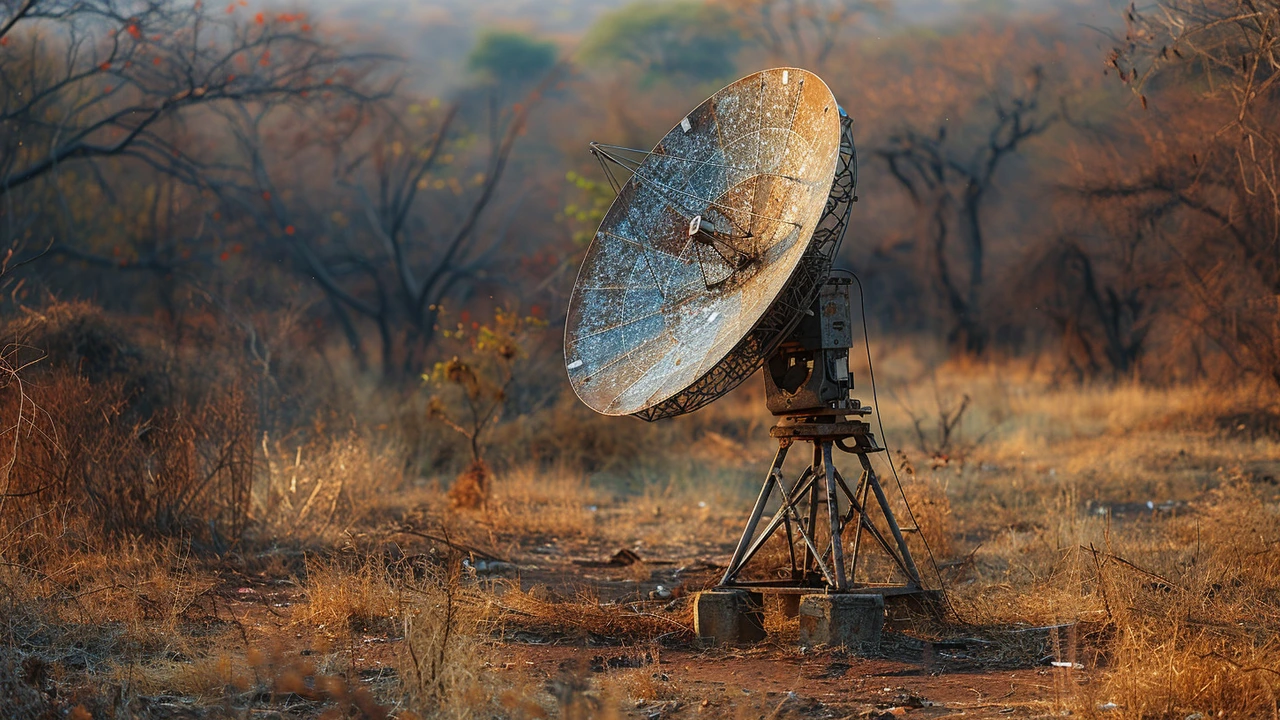The Critical Role of Starlink in Sudan’s Humanitarian Efforts
In recent months, Sudan has been thrust into the global spotlight, not for its rich history or cultural heritage, but due to a harrowing escalation in violence that has gripped the nation. The conflict, which intensified in April, has not only led to severe human rights abuses and widespread displacement but has also precipitated a dire humanitarian crisis. Against this backdrop, several international aid organizations, including prominent entities like the International Rescue Committee (IRC) and Oxfam, have been at the forefront, offering essential services and support to those affected.
However, these efforts are now at risk due to potential interruptions in critical communication services. Recently, the focus has shifted to Starlink, the satellite internet service provided by Elon Musk's SpaceX, which emerged as a lifeline when it was first introduced in the region following the onset of the conflict. The service has enabled not just basic communication but also crucial coordination of aid operations across fractured landscapes. Sadly, the continuation of these services hangs in the balance.
The Appeal to Elon Musk
In a concerted plea, the IRC, Oxfam, and other groups have reached out to Elon Musk and SpaceX, urging them to maintain the operation of Starlink in Sudan. These organizations stress the indispensability of a stable internet connection, not only for coordinating wide-scale humanitarian operations but also for ensuring the safety of workers in volatile areas. Fears loom that a disconnection will not only hamper relief efforts but also leave many vulnerable groups disconnected from the world, exacerbating an already tenuous situation.
Historically, the role of technological solutions in managing humanitarian crises has been pivotal. In Sudan, where traditional communication infrastructures have been compromised due to the conflict, solutions like Starlink are not just enhancement of capabilities but necessary tools for survival. Reports from the ground suggest that since the deployment of Starlink, relief operations have seen an increase in efficiency and timeliness, potentially saving lives in the process.
The Humanitarian Crisis in Sudan
The situation in Sudan is dire. Since the conflict escalated, countless reports have detailed human rights abuses, with civilians bearing the brunt of the unrest. The United Nations estimates hundreds of thousands of people have been displaced, their lives upturned by violence that shows no signs of abating. Access to basic necessities like food, water, and medical care is becoming increasingly scarce, compounding the suffering of displaced populations.
In such conditions, the internet is not a luxury but a fundamental resource. It facilitates not just information dissemination and operational coordination but also supports educational and health services that have moved online due to the conflict. The shutdown of Starlink services, as per Musk’s company citing violations of terms of services, notably disrupts these critical activities and poses a severe challenge to humanitarian efforts underway.
Looking Forward
The international community’s eyes are now on Elon Musk, awaiting his response to the humanitarian appeal. The resolution of this issue carries significant implications not only for Sudan but also for the role of private sector technology companies in global humanitarian efforts. As discussions continue, the hope remains that a favorable resolution for all parties involved will soon be reached.
In a world increasingly reliant on digital connectivity, the situation in Sudan highlights the broader implications of internet access in conflict zones. It brings to light the necessity of maintaining such lifelines, not just for the immediate term but as a sustained effort, recognizing the crucial role that technology plays in aiding humanity amidst chaos.





